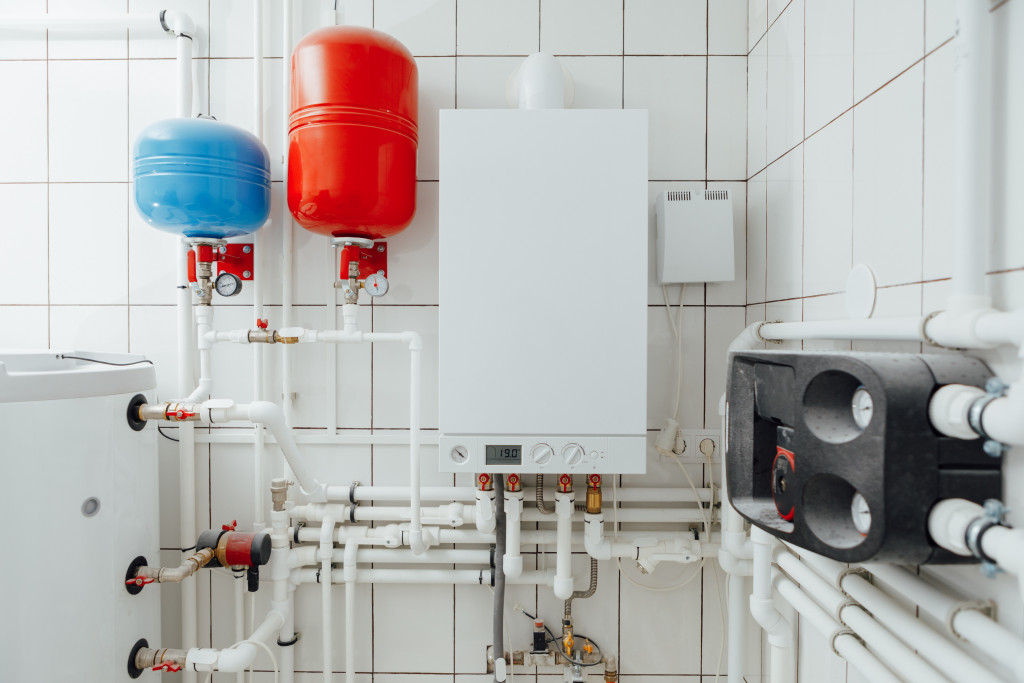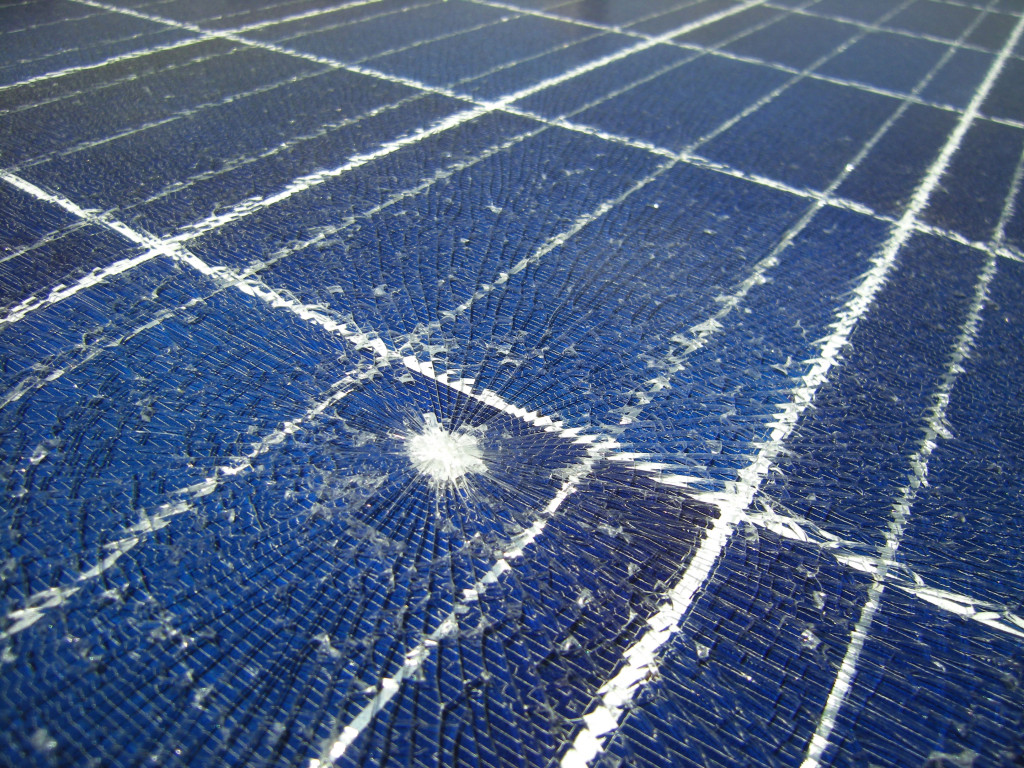Disclaimer: This website provides health information for educational purposes only and is not a substitute for professional medical advice, diagnosis, or treatment. Always seek the guidance of a qualified healthcare provider with any questions you may have.
Did you know that the average office worker wastes hundreds of dollars worth of energy annually? That’s right — by not being mindful of how we use energy in the workplace, we can spend more than we need to. This article will explore seven easy ways to save energy in the workplace and reduce our carbon footprints.
Use Natural Light Whenever Possible
Offices can save great energy by taking advantage of natural light. In general, daylight is far brighter and more flattering than electric light, so it makes sense to use it whenever possible. Of course, this isn’t always possible, but there are a few simple steps that can make a big difference.
For example, consider painting walls and ceilings in light colors to reflect more light. In addition, try to keep windows clean and unblocked so that as much light as possible can enter the room. Finally, consider using blinds or curtains to control the amount of light during different times of the day.
Invest in Energy-Efficient Lighting
According to a study, Traditional incandescent bulbs are highly inefficient, wasting 90% of the energy they consume as heat. As a result, they need to be replaced much more frequently than their energy-saving counterparts. Compact fluorescent lamps (CFLs) use 75% less energy compared to incandescent and have a 10 times life. Similarly, light-emitting diode (LED) bulbs use even less energy and can last for decades with proper care.
In addition to being more energy-efficient, these newer types of lighting also emit less heat, which can help to improve employee comfort and productivity. Switching to energy-efficient lighting is a simple way to reduce your business’s energy consumption and save money on your electric bill.
Upgrade Your Office Equipment
Timely maintenance and upgrading to new equipment are vital for saving energy. If your office equipment is over a few years old, it is probably time to upgrade. Newer models of computers, printers, and photocopiers are much more energy-efficient than their older counterparts. Similarly, well-maintained and upgraded HVAC systems and boilers can be energy-efficient.
For maintaining your boilers, you can hire professional commercial boiler services. These service providers can offer a full range of boiler services to ensure that your equipment remains well-maintained and consume less energy. Moreover, they can help you inspect any damages, so you know when it’s time to get a new boiler.

Use Power Strips and Timers
One of the easiest ways to save energy in the workplace is to use power strips and timers. By plugging all your devices into a power strip, you can easily switch them off when you leave for the day. Timers can also ensure that lights and appliances are only turned on when needed.
For example, setting a timer for the photocopier to only turn on during business hours can save a significant amount of energy. In addition, placing monitors and printers in areas where they will receive natural light can also help to reduce energy consumption.
Encourage Employees to Save Energy
Many newer models of office equipment are designed with energy efficiency in mind and can help reduce electricity costs. For example, switching from an older model desktop computer to a laptop can save a significant amount of energy.
In addition, Energy Star-certified office equipment is available in various types, including printers, scanners, and copiers. These devices use less energy than standard models and can help reduce your company’s carbon footprint. In addition to saving energy, upgrading to more efficient office equipment can also help improve employee productivity. Newer computers and other devices often feature faster processors and greater memory capacity, which can help employees work more quickly and efficiently.
Get an Energy Audit
By implementing energy-saving measures, businesses can reduce their energy consumption, lower their utility bills, and improve their bottom line. However, before embarking on an energy-saving program, it is important to understand where your business is currently using energy and where there is room for improvement. The best way to do this is to conduct an energy audit.
An energy audit is a detailed analysis of your business’s energy usage. During an audit, an expert will examine all aspects of your operations, from how your buildings are heated and cooled to the type of lighting you use. The auditor will then recommend how to reduce your energy consumption. Implementing even a few of these recommendations can lead to significant savings. In addition, conducting an audit can help engage employees in your company’s sustainability efforts.
When saving energy in the workplace, businesses can take several simple steps. Businesses can reduce energy consumption and operating costs by upgrading to energy-efficient office equipment, encouraging employees to save energy, and conducting an energy audit. Implementing even a few of these measures can lead to significant savings. In addition, taking steps to improve energy efficiency can also help to engage employees in your company’s sustainability efforts. By showing them where the business is wasting energy, you can encourage them to change their habits and help to reduce your company’s environmental impact.




